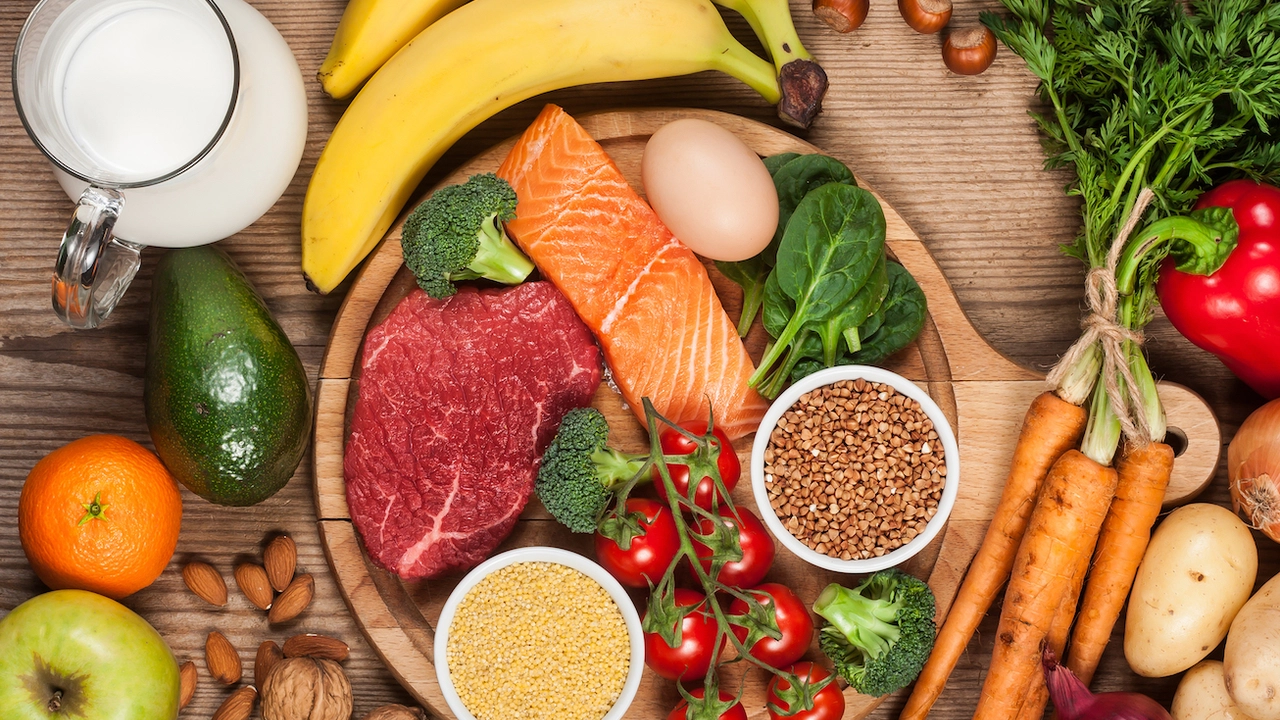Managing Type 2 Diabetes with Diet and Exercise: Practical Lifestyle Tips
Learn how diet and exercise can control type 2 diabetes. Get meal plans, exercise tips, common pitfalls, and a practical checklist for daily blood‑sugar management.
Read moreFood changes how you feel, sleep, think, and even how well medicines work. Small diet changes are often easier and more powerful than big plans. Below you'll find straightforward advice you can use today, plus links to trusted posts on supplements and health conditions tied to diet.
Swap one processed snack a day for a whole-food option: a piece of fruit, a handful of nuts, or plain yogurt. That single swap lowers sugar spikes and gives you nutrients without extra effort. Try to add a vegetable at one meal every day — even frozen veggies count. They save time, cost less, and keep nutrients intact.
Watch how food interacts with meds. Some antibiotics, blood pressure drugs, and thyroid meds can be affected by calcium, dairy, or grapefruit. If you're on prescription medicine, check interactions before changing your diet. When in doubt, ask your pharmacist or your doctor.
Hydration is part of diet. Drinking enough water helps digestion, energy, and mood. If plain water bores you, add citrus slices or make herbal iced tea. Avoid sugary drinks that add calories without real satiety.
Don’t ignore sleep and stress — they change appetite hormones. Poor sleep makes you crave carbs and high-fat foods. A consistent bedtime, even small, can reduce cravings and make healthy eating stick.
Supplements can help when your diet falls short, but they aren’t magic. Look for single-ingredient supplements backed by basic science — like omega-3s for inflammation or vitamin D if you have low levels. Check quality: reputable brands list batch testing or third-party verification.
If you’re exploring herbal options, read up on safety and proven effects. For example, our Rhatany guide covers what evidence exists and how people use it in supplements. Avens is another supplement we examined for real-world benefits and how to add it safely to your routine.
Gut health matters. People with conditions like ulcerative colitis need tailored advice — some foods help, others trigger flare-ups. Our articles on natural remedies and long-term impacts of gut conditions offer practical ideas you can discuss with your clinician.
Want a quick grocery checklist? Fill half your plate with vegetables or salad, choose whole grains over refined, pick a lean protein, and include a healthy fat like olive oil or avocado. That one habit covers a lot of ground.
Read related, trusted posts below to learn specifics, like which supplements to try, how meds interact with food, and diet moves that support skin, thyroid, or metabolic health. Use these articles as starting points, not prescriptions — especially if you have a medical condition.
Related reads on 24x7Pharma
Why Rhatany is the Next Big Thing in Dietary Supplements — herbal benefits and safe use tips.
Transform Your Health with Avens — how this supplement fits a daily plan.
Natural Remedies for Ulcerative Colitis — dietary ideas to reduce symptoms.
Skincare Routine for Skin Irritations — foods and supplements that help skin heal.
Questions about a specific diet or how a supplement fits with your meds? Reach out via our Contact page — we aim to point you to reliable info and safe next steps.

Learn how diet and exercise can control type 2 diabetes. Get meal plans, exercise tips, common pitfalls, and a practical checklist for daily blood‑sugar management.
Read more
In my research on ADHD, I've found that nutrition plays a surprising role in managing its symptoms. Certain foods, like those rich in protein, can help improve focus, while others, such as sugary or processed foods, can exacerbate impulsivity and hyperactivity. It's not a cure-all, but mindful eating can certainly complement traditional treatments and therapies. Additionally, omega-3 fatty acids and vitamins are essential for brain health and can aid in managing ADHD symptoms. It's a fascinating connection and one that emphasizes the importance of a balanced diet in overall health.
Read more